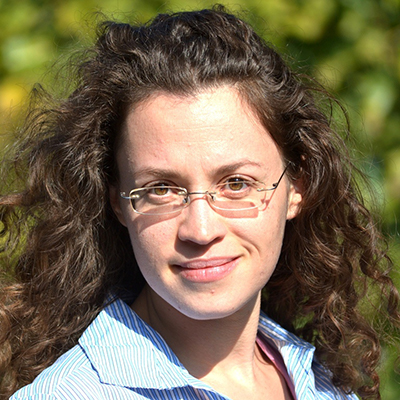Shira Klein, Associate Professor of History at Chapman University, has been teaching with Wikipedia for nine years. She recently took a Wiki Scholar course focused on expanding Wikipedia’s coverage of COVID-19.

Image courtesy Shira Klein, all rights reserved.
Even before Covid hit, I had no time for community service. Sure, I wanted to volunteer for a social cause, to do some good in the world. Maybe support refugees, or help at a shelter. But that was unlikely. Teaching, research, committee work, and raising three young children left me little time to do anything extra. Throw in a pandemic and lockdowns, and I was barely surviving. Forget making the world a better place; there were times this year when my biggest achievement was managing to wash my hair once a week.
Luckily, Wikipedia assignments can double as social justice opportunities, a handy thing for faculty with young kids and any other instructors pressed for time.
For nine years now, I’ve been assigning Wiki-editing projects in my History classes. Normally, I have students find a reliable secondary source, summarize it, and incorporate it into a Wikipedia article of their choice.
This semester, I made a little tweak: I told students about some of the inequalities on Wikipedia. “Can you guess,” I said, “what percentage of Wikipedia’s editors are women? Can you guess what percent of biographies on Wikipedia identify their subject as LGBTQ+? Can you guess who gets more coverage on Wikipedia – white people, or people of color?” Finally, I asked students, “can YOU do something to reduce inequality on Wikipedia?”
Happily, my students responded well to the challenge. They chose to add to Wikipedia articles on some of the most underrepresented groups in history. In my Migration in World History class, one student wrote about the forced removal of Creek Indians in the nineteenth century, another about asylum denial for Salvadoran Americans in the 1980s, a third about climate refugees in recent years. In my Daily Life in Modern Europe class, a student added information on LGBTQ+ rights in Weimar Germany, while another highlighted the contribution of Angolan players to Portugal’s football wins in the last century.
Students realized they were doing something good. They said as much in reflection papers they wrote at the end of the Wikipedia project. “Academic knowledge is so gatekept,” reflected one of my students, “and in many cases it’s only accessible to those with the economic privilege to go to college. This project allows us to bypass the gatekeepers and share reliable knowledge with anyone who can access the internet, no matter the circumstances or their walk of life. We can help decolonize history and provide a voice for people who have been marginalized and oppressed.”
Granted, not all students worked on marginalized or oppressed people. Some wrote about the invention of the handbag, the history of makeup, or a neighborhood in Paris. There’s nothing wrong with that, and I’m glad students had fun working on these light subjects, especially given the emotional toll this year has taken on students. But my heart swelled with pride at the edits that gave voice to the silenced. I may not have the time to wash my hair as often as I’d like, but through my students’ Wikipedia edits, I make the world a teeny bit better.
Image credit: Bobak Ha’Eri, CC BY 3.0, via Wikimedia Commons
